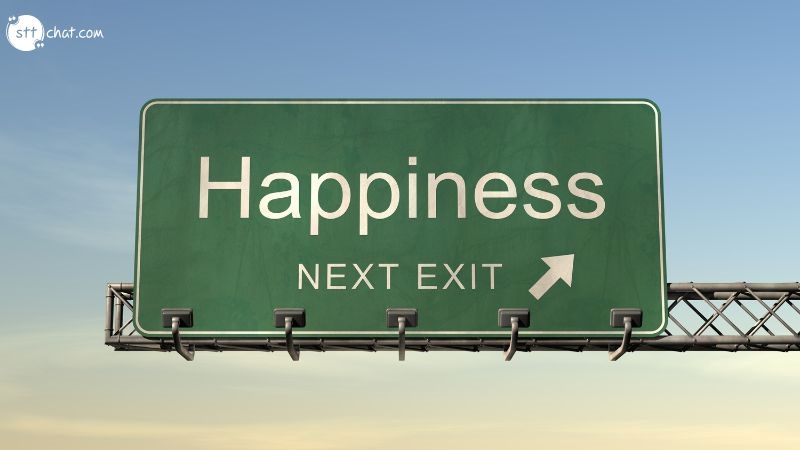Will Rogers, the beloved American humorist and social commentator, left behind a treasure trove of witticisms that continue to resonate today. One such gem is the simple yet profound quote: "Don't let yesterday take up too much of today." At first glance, it seems like straightforward advice – focus on the present, don't dwell on the past. But upon closer examination, this quote reveals a deeper wisdom about navigating the complexities of human experience.
“Don't let yesterday take up too much of today” meaning
The past is a double-edged sword. It's a repository of experiences – successes, failures, joys, and sorrows. These experiences become the foundation of who we are, shaping our values, beliefs, and how we approach the world. Learning from past mistakes is crucial for growth. Reflecting on past triumphs can fuel optimism and motivate us to reach new heights.

These experiences become the foundation of who we are, shaping our values, beliefs, and how we approach the world - Source: Internet
However, the past can also become a burden. Dwelling on past failures and missed opportunities can breed regret and hinder us from moving forward. The weight of past disappointments can paralyze us with fear of making the same mistakes again.
Rogers' quote reminds us to strike a balance. Acknowledge the past for its lessons, but don't let it hold you hostage. Learn from it, grow from it, then let it go.
Living in the today: Embracing the power of now
The present moment is the only time we truly have control over. We can't change the past, and the future is uncertain. But by focusing on the present, we can make conscious choices that shape how our story unfolds.

The present moment is the only time we truly have control over - Source: Internet
Rogers' advice encourages us to be present and engaged in our lives. It's about savoring the little moments, the mundane and the extraordinary. It's about embracing opportunities that arise, even if they seem daunting. By focusing on the present, we are more likely to find joy and fulfillment in our daily lives.
Moving forward with purpose: The role of forgiveness
Letting go of the past can be a difficult task. Forgiveness, whether it's for ourselves or others, plays a crucial role in this process. Holding onto grudges or anger towards ourselves or others keeps us tethered to the past.
Forgiveness doesn't mean condoning past actions. It's about letting go of the negativity associated with those actions and choosing to move forward with a clearer mind and lighter heart.
Rogers' quote encourages a forward-thinking approach. By acknowledging the past, learning from it, and forgiving ourselves and others, we create space for new experiences, growth, and a more positive outlook on life.
Challenges and nuances: When yesterday lingers
While Rogers' message is powerful, it's important to acknowledge the complexities of human experience. There are times when the past demands our attention. Traumatic events might require time and professional help to process.
The key lies in not letting the past become all-consuming. While processing past experiences is necessary, it shouldn't come at the expense of living in the present.
Living a life true to the quote
So, how can we incorporate Rogers' wisdom into our daily lives? Here are some practical steps:
-
Practice Gratitude: Focus on the good things in your life, both big and small. This helps shift your perspective from what you lack to what you have.
-
Embrace Mindfulness: Techniques like meditation can help you focus on the present moment, reducing rumination about the past.
-
Focus on Goals: Set goals for the future, no matter how big or small. Working towards a future vision can provide a sense of purpose and direction.
-
Seek Help: If past experiences are overwhelming, don't hesitate to seek professional help from a therapist or counselor.
Conclusion
Will Rogers' quote, "Don't let yesterday take up too much of today," offers a timeless message that resonates across generations. In a world obsessed with productivity and achieving the next "big thing," it's easy to get caught up in the past or consumed by anxieties about the future.






